Marcos would have turned Philippines into ‘another Singapore
JV - 27.02.2011 09:12
Just before the 25th anniversary of the 1986 EDSA People Power uprising, the son and namesake of the late strongman ousted by that revolt on Tuesday said that the country would now be as successful as Singapore had former President Ferdinand Marcos not been removed from power.
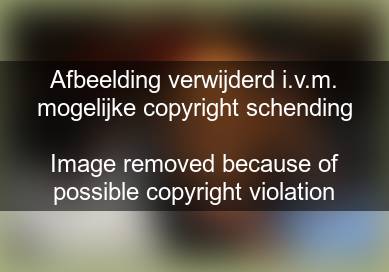
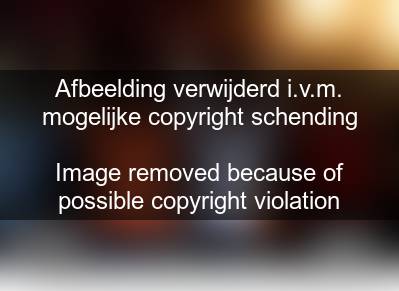
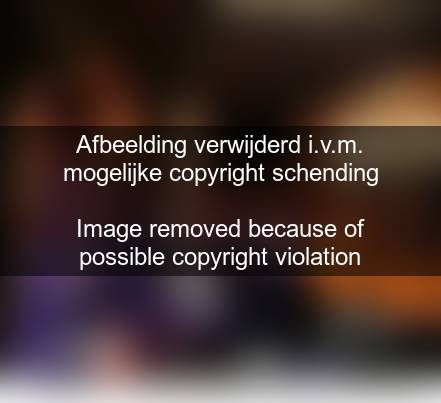
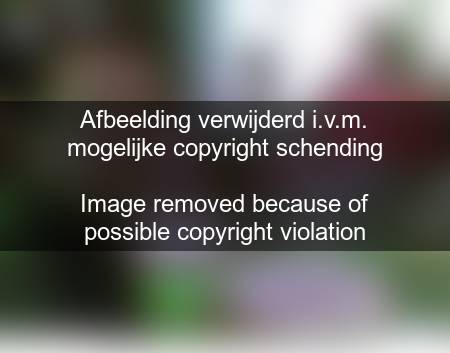
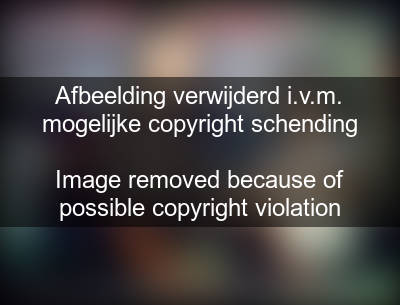

"Napakarami ang kanyang nagawa, napakarami ang kanyang tinulong, at napakalaki ng progreso ng ating bansa noong panahon na iyon... [kung hindi siya napatalsik] siguro Singapore na tayo ngayon," Senator Ferdinand "Bongbong" Marcos Jr. told reporters on Tuesday.
(He has done so much, he has helped a lot, and our nation greatly progressed during those times. If he wasn't ousted, maybe we would be like Singapore now.)
The younger Marcos likewise maintained that his family was unfairly judged "by those who have a political interest and who provide the propaganda" against them.
"Sa taumbayan, maliwanag na maliwanag na lumilitaw ang katotohanan tungkol sa administrasyon ng aking ama," he said. (In the eyes of the public, the truth about my father's administration has very clearly emerged.)
In a separate chance interview with reporters, the senator described February 25 as "the day we were taken away" from the country. “We did not leave the country. We were taken away, and not allowed to return," he emphasized, adding that there’s “a very distinct and important difference."
“[O]ur tendency is not to look back. Our instinct is to look forward and see what else we can do to be of service to the people. Perhaps the celebration of [the 1986 EDSA uprising] reminds us of how much needs to be done, how much we have to work to bring that progress that we all want for our country," Marcos explained.
He refused to comment, however, on whether he thinks anything actually changed since the EDSA revolt. "Lahat ng aking sasabihin, sasabihin biased yan dahil nasa kabilang panig sila," he said. (Whatever I say, they'll say it's biased because they are on the opposite side.)
The younger Marcos explained that the "best way" to determine the situation of the country is to go through "objective tests" that would prove or disprove the supposed improvement in the Filipino people's lives.
"What is the improvement in our security, what is the improvement in security, in peace in order, and in our standing in the international community of nations? I think that should be the basis when we try to judge how far we have come since 1986," he said.
The lawmaker noted, however, that the public should look forward and just treat what happened during his father's time as a "touching point" in the country's history.
"Let us use it as a basis to see what we can do and look to the future and not rest on laurels that we are celebrating every time we have the EDSA celebration," he said.
Gringo: ‘No one said it would be easy’
Senator Gregorio Honasan, for his part, refused from categorically agreeing or disagreeing with Marcos' statement.
He noted, however, that he respects Marcos' "inputs and insights" because he is a senator of the republic but that they are bound to have different opinions regarding the issue.
"No one said it would be easy... nobody said we would agree on perceptions of what the 1986 people power bloodless revolution meant," he said.
But Honasan said that no one can deny the influence the EDSA revolution had on other countries. "Makita mo lang yung nangyayari sa Indonesia, sa Egypt, nangyayari sa Libya (Look at what's happening in Indonesia, Egypt, Libya)," he said.
Despite this, the lawmaker admitted that the country must move on from the past. "We should build on the painful, the good and bad lessons of the past and then allow our people to move forward," he said.
Honasan, along with Senate President Juan Ponce Enrile, played a key role in the ouster of former President Marcos. He likewise launched at least two failed coup attempts against the Corazon Aquino administration in 1987 and 1989.
Enrile could not be contacted for comment as of posting time.
Senator Miriam Defensor-Santiago, however, said that Marcos' comment was "being done in hindsight" and the Philippines could not be compared to Singapore.
"Singapore is an authoritarian system just like ours... but the thing is that the aspect of corruption is notably absent. [In our case] until now we have not settled the issue of corruption during the [Marcos] dictatorship, so we cannot draw a parallel. I don’t think they are congruent to each other," she told reporters in a separate interview on Tuesday.
Marcos burial still ‘under study’
Marcos declared martial law in September 1972, invoking the need to quell rebellion and “save the Republic" as well as to “reform society."
Ruling by decree as commander in chief of the Armed Forces, he curtailed press freedom and other civil liberties, closed down Congress and independent media firms, and ordered the arrest of militant activists and opposition leaders, including Ninoy who was among his staunchest critics.
Three years after he was ousted, Marcos died in exile in Hawaii at age 72, due to complications from kidney ailments often associated with lupus erythematosus.
At first, Marcos’ body was refused entry to the Philippines, so his wife Imelda kept him in a refrigerated mausoleum in Oahu.
In 1993, the Philippine government allowed Marcos’ remains to return to his homeland, but blocked his burial at the Libingan ng mga Bayani. Up to now, his body remains in a refrigerated crypt in the Marcos family mausoleum in Batac, Ilocos Norte province.
On Feb. 16, in reaction to the recent burial of former Armed Forces chief Angelo Reyes at the Libingan, the younger Marcos reiterated the long-standing family request to have Marcos’ remains finally interred at the Libingan. (See: Marcos should be buried in heroes' cemetery too, says Bongbong)
Sen. Marcos, said he has to give "credit" to President Benigno Aquino III for not dismissing outright their proposal to finally have his father buried in the heroes' cemetery.
"I have to say that we are grateful that this question is being studied seriously whereas previous administrations have just outright dismissed the question," he said.
|






